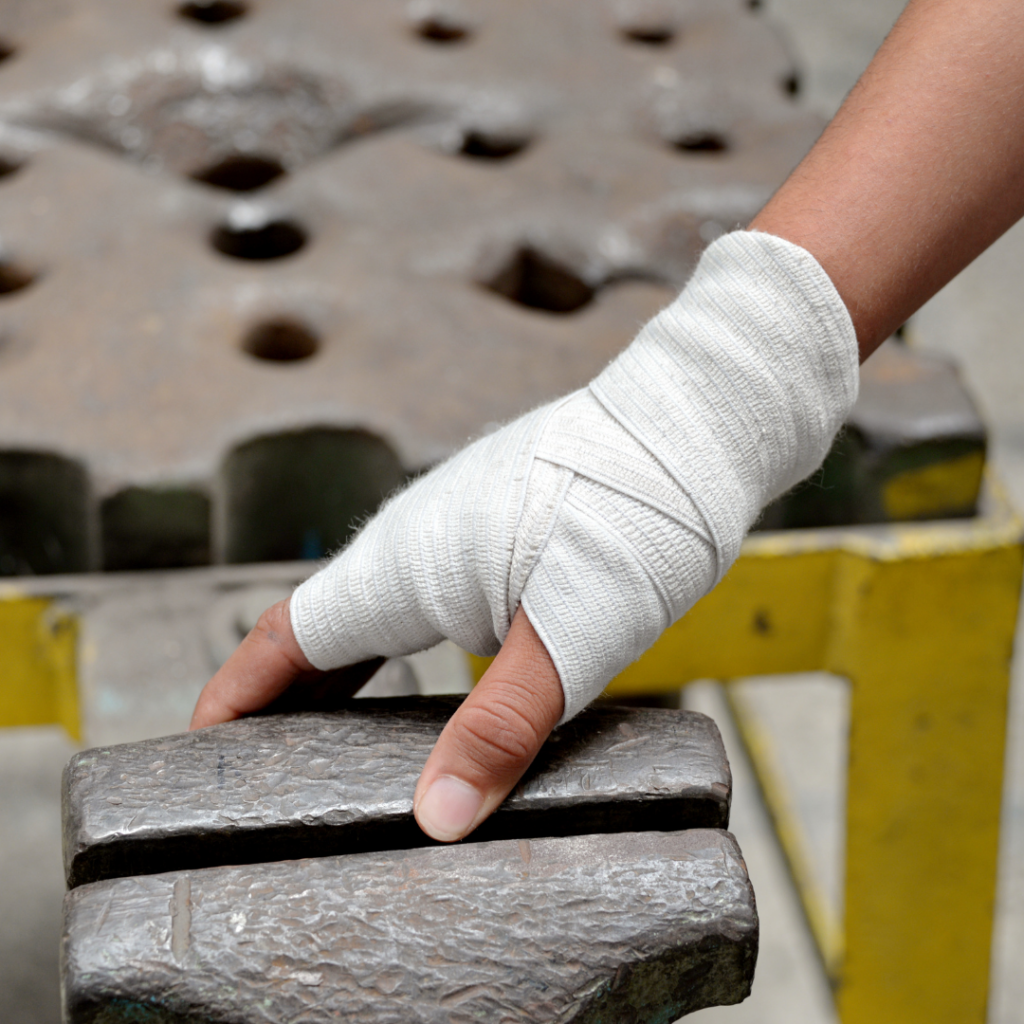When trust in healthcare systems falters, the personal and lifelong consequences can be devastating. This was painfully evident in a recent High Court case involving a young man, Padraig Byrne, from Co Carlow, Ireland. A decade-long delay in diagnosing his hearing loss led to a settlement totalling €800,000. Alongside this, a separate case saw a young boy settle for €310,000 due to delayed hearing treatment. These allegations of medical negligence have placed a spotlight on the critical importance of early diagnosis and the ramifications of systemic failures in healthcare.
This article will unpack the details of these cases, highlighting the role of medical negligence claims in holding systems accountable. We’ll also explore what qualifies as negligence, the broader implications for patient care, and the legal frameworks available for those seeking justice.
Understanding Medical Negligence in Healthcare
Medical negligence occurs when healthcare professionals fail to provide the standard of care expected, resulting in harm or injury to patients. It may include delayed diagnosis, incorrect treatment, or errors in procedures. At its core, these issues compromise the trust patients place in medical practitioners to safeguard their wellbeing.
For Padraig Byrne, and similarly for young Oisin Flanagan, these delays occurred at formative points in their lives, underscoring how crucial timely medical interventions are, particularly in paediatric cases where early developmental milestones are at risk.
Key Facts of the Cases
Padraig Byrne’s Journey
Padraig’s first hearing assessment occurred when he was just 17 months old. While hearing loss was recorded during this time, the appropriate diagnosis and treatment were significantly delayed. By the time he was five years old, hearing aids were finally provided, but they were improperly fitted. It wasn’t until the age of 10 that functional hearing aids were optimised for him.
These delays denied Padraig crucial access to sound during critical years for speech and language development. This isolation from the “speech spectrum” drastically impacted his future prospects for independence.
The High Court ruled on an €800,000 settlement, with Mr Justice Paul Coffey acknowledging the extensive harm caused and confirming the settlement was both fair and reasonable.
Oisin Flanagan’s Case
Similarly, 8-year-old Oisin Flanagan from Co Offaly experienced a four-year delay in addressing his hearing impairment. The court found that this delay deprived Oisin of the amplification he required to develop essential language skills during his early years, resulting in €310,000 for his family.
The Ripple Effect of Delayed Diagnosis
The impact of medical negligence extends beyond physical health. For both Padraig and Oisin, the delay in receiving adequate treatment disrupted their education, speech and language development, and social integration. The ability to communicate effectively during early development is closely tied to self-expression, confidence, and future independence.
These cases also expose systemic issues in healthcare, such as gaps in paediatric audiological services, overburdened professionals, and struggles in aligning early interventions with the “golden window” of childhood development.
Consequences of Delayed Care
- Language and Communication Barriers:
Both Padraig and Oisin missed critical learning opportunities, which directly affected their ability to develop speech and engage with the world confidently.
- Impact on Independence:
For Padraig, medical experts testified that earlier intervention could have equipped him with a level of autonomy not currently accessible to him due to long-term developmental gaps.
- Psychological Strain:
Extended delays in treatment can cause feelings of frustration, anxiety, and exclusion from peer groups due to differences in communication abilities.
These examples highlight that delayed care doesn’t just impact an individual at one moment in time; it often creates lasting consequences that reverberate through their personal and professional lives.
Legal Pathways for Medical Negligence Claims
Taking legal action can be a way to seek justice, not only for compensation but also to drive improvements within the healthcare system.
How Medical Negligence is Established
Medical negligence is typically determined using the legal framework of a “duty of care.” All healthcare professionals owe their patients a duty of care. For negligence to be proven, it must be established that:
- A breach of this duty occurred.
- This breach directly caused an injury or harm that otherwise could have been avoided with competent care.
Both Padraig and Oisin’s cases demonstrated failures to deliver timely interventions, leading to settlements that reflected the seriousness of these breaches.
Seeking Legal Support
Legal experts, like those at HOMS Assist, play a vital role in helping families assess their situations and determine if they have viable claims. With a track record in handling medical negligence cases, HOMS Assist underscores the importance of empathy as part of legal support. Their approach ensures clients can pursue justice during stressful and emotionally complex times.
If you believe that substandard medical care has affected your family, HOMS Assist offers a clear and structured process to begin your medical negligence claim. Visit HOMS Assist to learn more.
What Can be Learned from These Cases?
The Byrne and Flanagan settlements serve as stark reminders of the importance of proper checks and balances in healthcare systems. They also highlight the tangible value of legal recourses in addressing these failures.
Key Takeaways:
- Proactive Diagnosis Saves Lives: Health professionals must act swiftly and accurately, particularly in cases involving children whose developmental timelines make early intervention vital.
- Hospital Accountability Drives Improvement: Families who pursue legal claims often spark necessary reviews, ensuring changes to avoid future harm.
- Know Your Rights: Patients and families must be equipped with knowledge of their legal rights and pathways for compensation. Lack of awareness often prevents individuals from seeking justice.
Moving Forward
While no settlement can undo the harm caused by medical negligence, legal recourse can provide closure, accountability, and, in some cases, push for systemic changes that may save lives in the future. For families uncertain about their rights, seeking expert advice is a valuable first step. Experienced agencies like HOMS Assist can make the often-daunting legal process more navigable, creating a clear and compassionate path to resolution.
If you’ve been impacted by medical negligence, don’t wait. Find out how professionals at HOMS Assist can guide you through your options by starting your claim.









